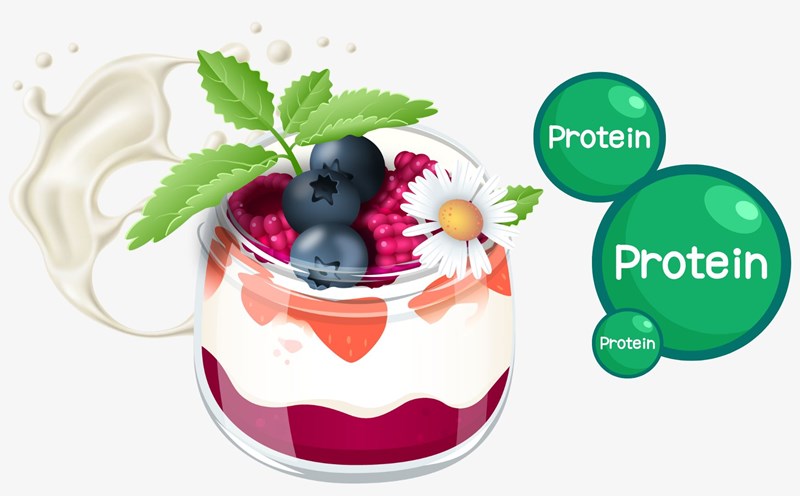Once considered an ingredient only for Asian dishes, coconut ice cream has now become a popular choice in many diet recipes such as keto, vegan and dairy-free. However, in addition to its attractive fatty aroma, this food also has risks if consumed excessively.
According to nutritionist Jonathan Purtell, RDN, member of the Medical Experts Council of verywell Health: Coconut can be a good source of vegetable fat if used properly, but due to its high calorie and saturated fat content, consumers should consider a reasonable dosage.
Increase the flavor of the dish
Coconut ice cream is often used to make curry, soup, sauce, baked goods, smoothies or cocktails fat and smooth. Not only does it enhance flavor, it also brings a smooth texture to the dish.
Replacing milk in a vegan menu
With plant origin, coconut ice cream is a popular ingredient in vegan diets, replacing cow's milk, butter, and fresh ice cream. It helps vegetarians have more options while still maintaining the fat and texture of the dish.
Suitable for people on keto diet
Coconut ice cream contains very few carbohydrates, only about 3g in half a cup, so it is especially suitable for people eating on the ketogenic diet. This is also a familiar ingredient in sugar-free desserts.
However, Jonathan Purtell noted: Not all coconut ice cream is good. Choose sugar-free, non-additively- coated products and process as little as possible."
Be careful with saturated fat
Coconut ice cream contains a lot of saturated fatty acids, about 21g in half a cup can cause cholesterol accumulation in the vessel walls if used regularly. This increases the risk of heart disease and stroke.
Although some studies show that medium-cale fatty acids (MCTs) in coconut can be differently absorbed by the body and may help enhance cognitive function, there is still no firm conclusion that they are completely safe as some advertisements claim.
High in calories, easy to cause weight gain
Half a cup of coconut ice cream provides up to 222 calories, mostly from fat. If not calculated carefully, users may consume too much energy without knowing it, especially if they are on a weight loss regimen.
Allergies and cross-reactions
Although rare, some people may be allergic to coconut. In addition, because the production process can take place in the same line with nuts, people with nut allergies should be careful when using canned coconut ice cream.
How to use coconut ice cream?
Only use 1 - 2 tablespoons at a time to control calories and fat.
Choose sugar-free, low-processed types.
Combine with fiber-rich foods to increase satiety and balance meals.
Do not take it daily if you are monitoring your cholesterol or need to lose weight.
Coconut can provide anti-inflammatory and digestive benefits, but the important thing is the dosage and how to use it, says Jonathan Purtell.











